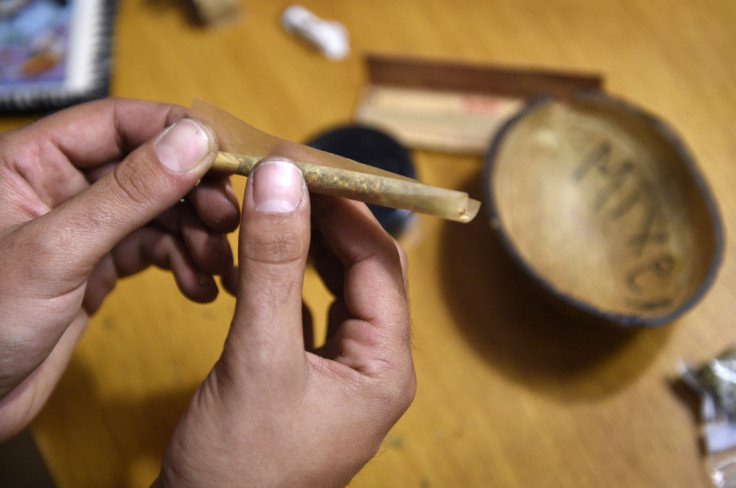Young Adults Smoke Marijuana as Coping Mechanism to Manage Low Moods

Adolescents and young adults who smoke marijuana frequently may attempt to manage negative moods by using the drug, according to a study.
By using the drug as a coping mechanism, it may make it harder for people to stop using cannabis.
Lydia Shrier, lead author of the study at the division of adolescent and young adult medicine at Boston Children's Hospital, said: "Young people who use marijuana frequently experience an increase in negative effect in the 24 hours leading up to a use event.
"One of the challenges is that people often may use marijuana to feel better but may feel worse afterwards," she added.
"Marijuana use can be associated with anxiety and other negative states. People feel bad, they use, and they might momentarily feel better, but then they feel worse. They don't necessarily link feeling bad after using with the use itself, so it can become a vicious circle."
For the study, the team recruited 40 people between the ages of 15 to 24, who used marijuana at least twice a week.
They were trained to use a handheld computer that gave them a signal at a random time within three-hour intervals - between four to six times per day - for two weeks.
At each signal, participants were asked about their mood, companionship, perceived availability of marijuana and recent marijuana use. Participants were also asked to report just before and just after any marijuana use. Overall, the researchers collected more than 3,600 reports.
The results showed that negative affect was significantly increased during the 24 hours before marijuana use compared with other periods. However, positive affect did not vary in the period before marijuana use compared with other times.
Neither the availability of marijuana nor the presence of friends modified the likelihood that chronic users would use marijuana following a period of negative affect.
The study collected data in real time to assess the link between mood and marijuana use, Shrier said, adding that there were a host of limitations with retrospective assessments.
"We weren't asking people to predict anything or to recall anything — we were just asking them to give us reports about how they were feeling right now. We were able to put under a microscope the association between those feelings and subsequent marijuana use," she said.
The research was published in the Journal of Studies on Alcohol and Drugs.
© Copyright IBTimes 2025. All rights reserved.




















